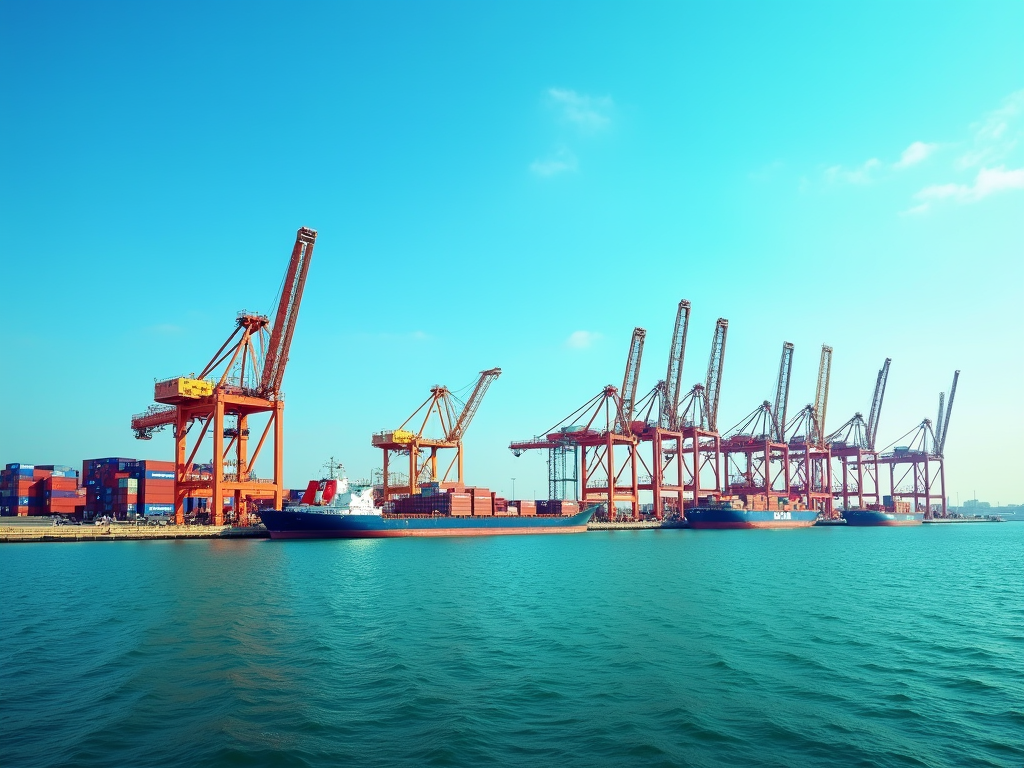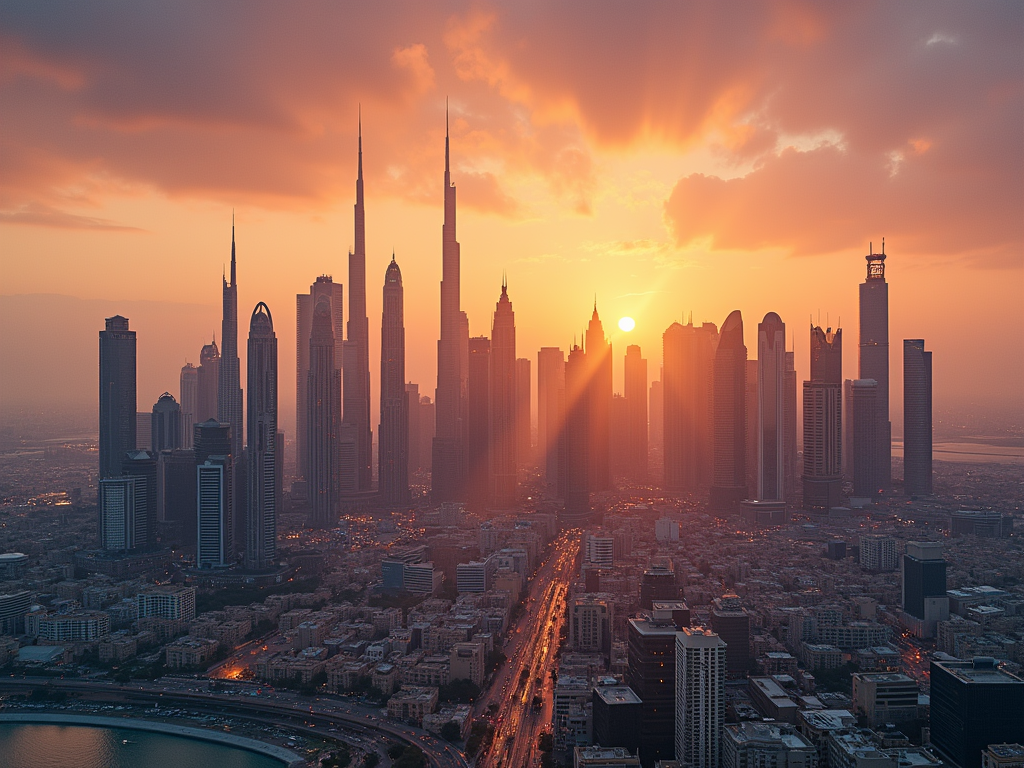Dubai has emerged as a global financial center due to its strategic geographic location, robust infrastructure, favorable regulatory environment, and a diverse economy. The city has attracted international businesses and investors by creating a conducive atmosphere for trade and finance. This article explores the factors that propelled Dubai to the forefront of global finance and examines its profound impact on business dynamics across various sectors.
The Strategic Geographic Location

Dubai’s position at the crossroads of Europe, Asia, and Africa serves as a substantial advantage for its emergence as a financial hub. The city’s proximity to emerging markets and established economies allows for easy accessibility and connectivity. The geographical benefits can be summarized as follows:
- Logistical Efficiency: Dubai features one of the busiest airports and ports globally, facilitating seamless trade and travel.
- Time Zone Advantage: Situated in a time zone that overlaps both the Asian and European markets, Dubai enables businesses to operate efficiently across different regions.
- Cultural Melting Pot: The diverse population fosters an environment of innovation, creativity, and collaboration, essential for financial operations.
These geographical advantages allow Dubai to stand out as a natural financial center, attracting multinational corporations and financial institutions seeking to expand their global footprint.
Robust Infrastructure and Advanced Technology

Dubai boasts state-of-the-art infrastructure that supports its financial services sector. Investments in both physical and digital infrastructure have created a conducive environment for international business operations. Key infrastructure elements include:
- World-Class Transportation: Extensive road networks, metro systems, and international airports manage the high volume of travelers and trade.
- Modern Office Spaces: The availability of premium office facilities in Dubai’s financial districts supports multinational companies in establishing a strong presence.
- Technological Advancements: The government has emphasized smart technology initiatives, enhancing the convenience and efficiency of financial operations.
This world-class infrastructure attracts foreign investment and provides an efficient platform for business development across sectors.
The regulatory framework in Dubai is designed to promote economic growth while ensuring investor protection. The establishment of free zones and favorable tax policies greatly contributes to this supportive environment. Key regulatory aspects include:
- Zero Corporate Tax: Many free zones offer tax exemptions, significantly reducing operational costs for businesses.
- 100% Foreign Ownership: Investors can fully own their companies in many sectors, eliminating common barriers to entry.
- Streamlined Business Processes: The government has digitized many administrative processes, making it easier to start and maintain a business.
This conducive regulatory framework fosters an ecosystem that is both attractive and secure for global investors, solidifying Dubai’s status as a financial epicenter.
Diverse Economic Landscape
Dubai’s economy is characterized by diversification beyond oil, with sectors such as tourism, real estate, trade, and technology playing significant roles. This diversity helps to stabilize the economy and attract a wide range of businesses and investment opportunities. The impact of this diverse economic landscape is felt through:
- Investment Opportunities: A variety of sectors provide numerous investment avenues for both local and foreign investors.
- Innovation Ecosystem: The presence of various industries fosters competition and rent economic growth through innovation.
- Boosted Tourism Sector: An influx of tourists contributes to a vibrant retail and hospitality sector, further stimulating economic growth.
This diverse economic framework not only enhances business opportunities but also mitigates risks associated with relying heavily on a single sector.
Impact on Global Business Dynamics
The rise of Dubai as a global financial center has substantial implications for international business dynamics. Its influence extends beyond the region, shaping economic interactions on a global scale. Notable impacts include:
- International Trade Growth: Enhanced trade relations between Dubai and other countries foster global commerce.
- Capital Inflow: As a magnet for investment, Dubai attracts significant foreign direct investment (FDI), benefiting businesses and the economy as a whole.
- Emergence of Startups: The city has become a launchpad for startups, shaping a vibrant entrepreneurial ecosystem.
Conclusively, the initiatives and evolution seen in Dubai have redefined business opportunities, making it a vital player in the global financial landscape.
Conclusion
In summary, Dubai’s ascension as a global financial center is the result of multiple factors, including its strategic location, robust infrastructure, favorable regulations, and a diverse economy. Each of these elements contributes to a thriving business environment that continues to attract investment and foster innovation. As Dubai evolves, it will likely enhance its influence on global business dynamics, shaping the future of trade and finance in unprecedented ways.
Frequently Asked Questions
1. What are the key factors that contributed to Dubai’s rise as a financial center?
The critical factors include its strategic geographic location, advanced infrastructure, favorable regulatory environment, and a diverse economy.
2. How has Dubai’s diverse economy impacted its financial services?
A diverse economy provides multiple avenues for investment and stability, ensuring long-term growth in financial services.
3. What role does technology play in Dubai’s financial sector?
Technology enhances operational efficiency, allowing for smarter financial transactions and better customer engagement through innovation.
4. How do free zones benefit international businesses in Dubai?
Free zones offer unique advantages such as 100% foreign ownership, zero corporate tax, and simplified business setup processes, attracting international firms.
5. What is the impact of Dubai on global trade?
Dubai enhances international trade by serving as a logistics hub, improving connectivity, and fostering global commerce through trade agreements and partnerships.
